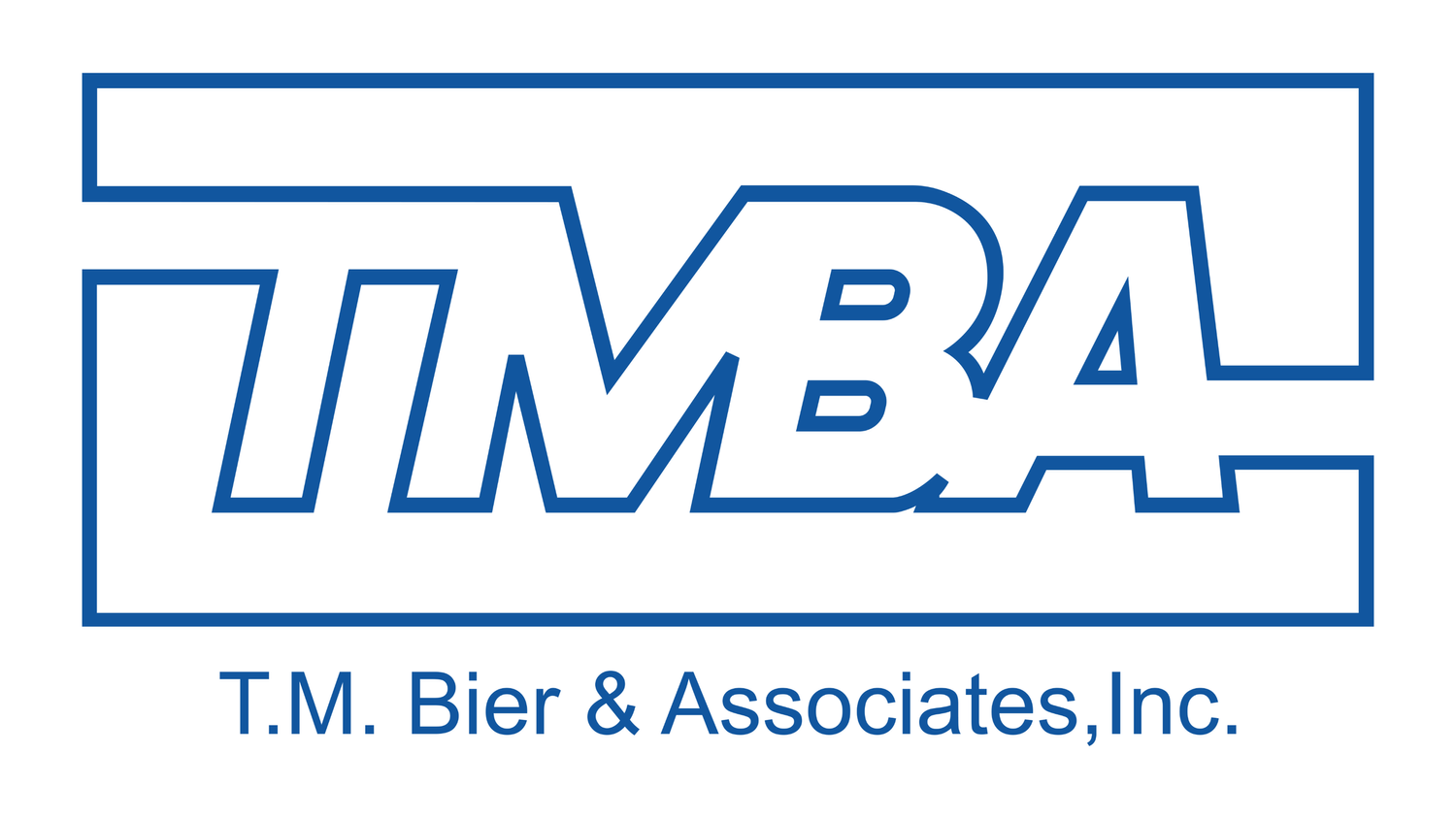Case Study: Building Management System Retrofit at 375 Hudson St, NYC
375 Hudson St, NYC
T.M. Bier & Associates (TMBA) undertook a significant building management system (BMS) retrofit at 375 Hudson Street in New York City, a landmark 18-story office building completed in 1987. With a total area of 1.12 million square feet, the building achieved LEED Gold certification following a green retrofit in 2010. TMBA’s BMS retrofit project, initiated in 2019, aimed to modernize the building's infrastructure, improve energy efficiency, and support the client’s sustainability goals.
Challenges and Project Scope
The retrofit involved a comprehensive overhaul of the building's existing Trane system, transitioning to a more advanced Schneider Electric infrastructure. This included the control and monitoring of key building components such as air handlers, cooling towers, and common space HVAC units. Given the building’s ongoing occupancy, the project required careful planning to minimize disruption to tenants, particularly during the cooling tower and air handler replacements.
Design and Implementation
TMBA’s approach to the project was meticulous and involved several key phases:
Initial Assessment and Design: TMBA began by conducting a thorough walkthrough of the existing BMS and control panels. The team, consisting of four technicians, two programmers, a design engineer, an estimator, and a project manager, developed detailed control designs to interface with the building’s components. These designs were crucial for ensuring that the retrofit would seamlessly integrate with the existing infrastructure.
Cooling Tower Pump Room: A significant part of the project involved the cooling tower pump room, which was pre-assembled in Canada. This complex assembly included water pumps, cooling VFDs, fans, BMS panels, and a water filtration system. TMBA provided the wiring design plans, and the components were built into the pump room before being disassembled, shipped to NYC, and reassembled on-site.
Fiber Optic Communication Riser: TMBA installed a fiber optic communication riser throughout the building to enhance data transmission and ensure efficient operation of the new BMS.
Project Execution During COVID-19
The COVID-19 pandemic presented unforeseen challenges, delaying the project as construction across NYC was put on hold. However, the reduced occupancy in the building allowed TMBA to accelerate the replacement of air handlers, completing in one year what was initially expected to take three. The team also managed the complex task of relocating two of the building’s four cooling towers to ensure continuous operation for tenants requiring uninterrupted cooling.
NYSERDA Partnership and Energy Management
One of the most notable aspects of this project was TMBA’s involvement with the New York State Energy Research and Development Authority (NYSERDA). TMBA became a certified NYSERDA vendor, enabling 375 Hudson to participate in the Real Time Energy Management (RTEM) program. Through this program, TMBA helped the building qualify for energy efficiency rebates by installing Schneider Electric’s “Building Advisor” software. This tool provides real-time data analysis, maintenance alerts, and energy-saving recommendations, optimizing the building’s performance.
Outcomes and Client Satisfaction
The BMS retrofit at 375 Hudson is nearing completion, with only minor components such as lobby AC units pending final installation. The building management has expressed satisfaction with the improved system, particularly the enhanced energy efficiency and operational flexibility provided by the new BMS. The project not only modernized the building’s infrastructure but also positioned it to continue meeting high standards for energy efficiency and tenant comfort in the future.
Additional Project: Tenant-Specific Retrofits
In parallel with the building-wide retrofit, TMBA also undertook a separate project for a tenant occupying floors 2-5 of 375 Hudson. This involved a complete gut renovation and open-concept redesign, during which TMBA installed new VAVs, supplemental AC units, hot water heaters with leak detection systems, and automated controls tailored to the tenant’s specific needs.
Conclusion
TMBA’s BMS retrofit at 375 Hudson is a testament to their expertise in managing complex infrastructure projects, particularly under challenging circumstances such as the COVID-19 pandemic. By integrating advanced energy management systems and working closely with NYSERDA, TMBA has not only enhanced the building’s operational efficiency but also secured significant energy rebates for the client, demonstrating their commitment to both innovation and sustainability.

